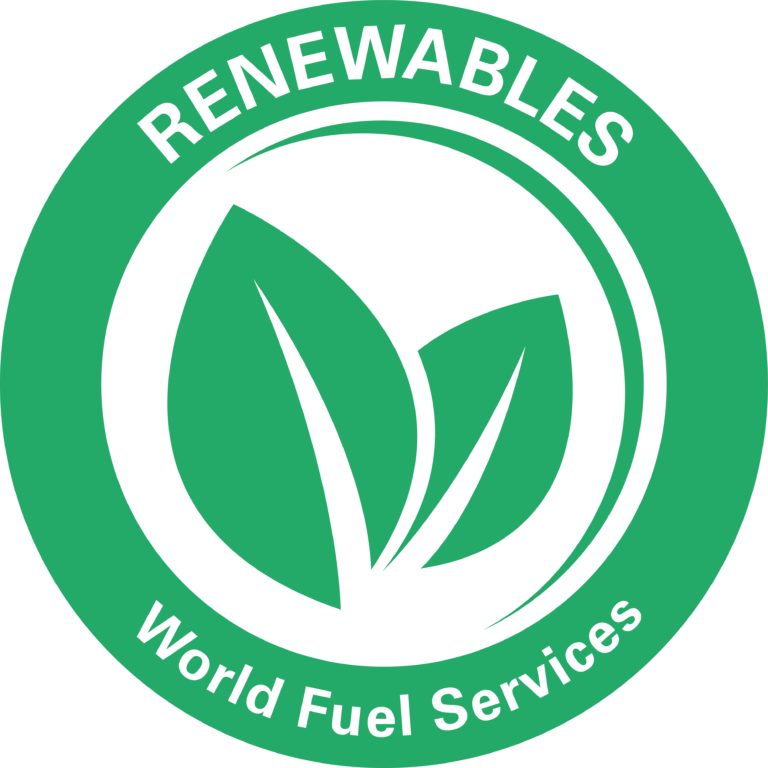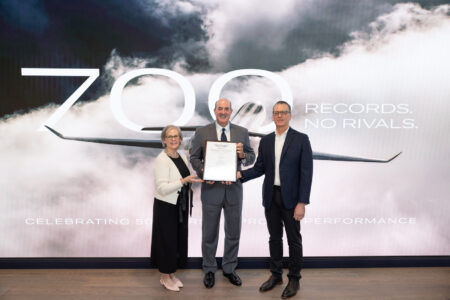World Fuel Services, a World Kinect company, will supply the United Kingdom Ministry of Defence with a further 5,150,000 litres (5,150m3) of aviation fuel.
The supplied fuel is blended with approximately 40% Sustainable Aviation Fuel (SAF), sourced from Neste, with the renewable part of the feedstock being produced from Used Cooking Oil (UCO), or Animal Fat (AF) Category 1, 2 or 3 on a mass balance basis.
This follows a collaboration between World Fuel and the UK MOD that saw the successful delivery of 4,000,000 litres of SAF between November 2023 and February 2024.
The collaboration between World Fuel and the UK MOD marked the first step towards advancing the use of renewables and demonstrated World Fuel’s commitment to providing SAF supply in larger volumes to military organizations who demand it.
This is also in line with the UK MOD Defence Operation Energy Strategy (DOES) which was published in Dec 2023 and shapes the UK MOD’s approach to energy transition.
Under the follow-on agreement, World Fuel will deliver 5,150,000 litres of SAF directly to the UK MOD over the period from July to September 2024.
Prior to the previous delivery of 4,000,000 litres of SAF, SAF deliveries had only been in small parcels transported by truck via ferry and used for testing or single exhibit flights. The 2023-24 agreement was the first UK MOD program with a large volume commitment.
“World Fuel is committed to collaboration and investment to help our defence customers transition to renewables. Defence agreements like the Inverness SAF program demonstrate our ability to access our extensive supply chain capabilities and deliver renewables where our military customers are ready,” said John Wynn, senior vice president, government solutions, World Fuel Services.
“Our experience in defence fuel supply chains was honed in Afghanistan, where we supported NATO. Most recently, we were awarded the Australian Defence Forces’ deployable bulk fuel distribution system. We applaud the UK RAF for their leading efforts demonstrated by raising the bar with larger volumes and longer commitments. As this continues, SAF use will become more common throughout the Commonwealth’s Defence organizations.”
SAF is a crucial element in the aviation industry’s journey towards decarbonization, as it significantly reduces greenhouse gas emissions compared to conventional jet fuel. The SAF supplied will be eligible for incentives under the Renewable Transport Fuel Obligation (RTFO) supporting annual renewable fuel targets set by the Department of Transport.
“Establishing the routine procurement of aviation fuel blended with SAF is a critical early step to achieving Defence’s Net Zero Aviation strategy. This has been developed to improve the resilience of Defence’s energy supply chains, as well as achieving the UK Government’s CO2 emissions reduction trajectory from 2020 to 2050,” said Air Vice-Marshal Shaun Harris, director support.
“This work is being led by the RAF on behalf of Defence and closely aligns with the Department for Transport’s (DfT) Jet Zero strategy, where a mandated incorporation of a growing proportion of SAF in the aviation fuel supply chain will form a major part of the UK and Ministry of Defence’s aviation decarbonisation pathway.”





